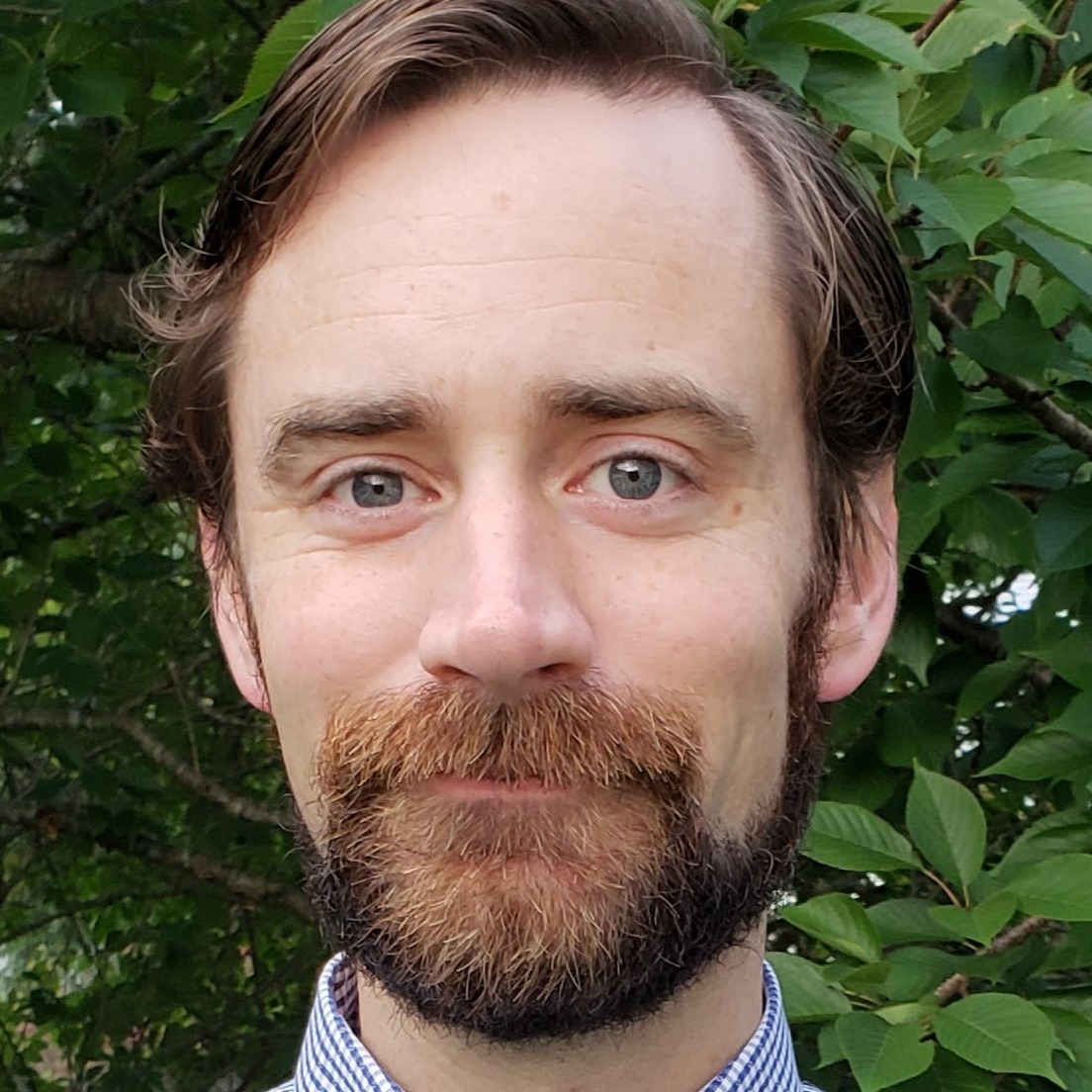
Keith A. Brown
Boston University
Keith A. Brown is an associate professor of Mechanical Engineering, Materials Science & Engineering, and Physics at Boston University. The KABlab studies approaches to accelerate the development of advanced materials and structures with a focus on polymers. The group employs self-driving labs, additive manufacturing, scanning probe techniques, and machine learning to achieve these goals. Brown has co-authored over 100 peer-reviewed publications and six issued patents. He has received the Frontiers of Materials Award from The Minerals, Metals & Materials Society (TMS), been named a “Future Star of the AVS,” and received the Omar Farha Award for Research Leadership from Northwestern University. Brown served on the Nano Letters Early Career Advisory Board, co-organized a National Academies of Sciences, Engineering, and Medicine Workshop on AI for Scientific Discovery, and currently leads the Materials Research Society Artificial Intelligence for Materials Development Staging Task Force.